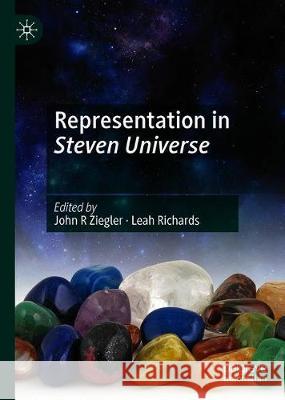Representation in Steven Universe » książka
topmenu
Representation in Steven Universe
ISBN-13: 9783030318802 / Angielski / Twarda / 2020 / 260 str.
Representation in Steven Universe
ISBN-13: 9783030318802 / Angielski / Twarda / 2020 / 260 str.
cena 410,09
(netto: 390,56 VAT: 5%)
Najniższa cena z 30 dni: 385,52
(netto: 390,56 VAT: 5%)
Najniższa cena z 30 dni: 385,52
Termin realizacji zamówienia:
ok. 16-18 dni roboczych.
ok. 16-18 dni roboczych.
Darmowa dostawa!
Kategorie:
Kategorie BISAC:
Wydawca:
Palgrave MacMillan
Język:
Angielski
ISBN-13:
9783030318802
Rok wydania:
2020
Wydanie:
2020
Ilość stron:
260
Waga:
0.59 kg
Wymiary:
21.01 x 14.81 x 2.24
Oprawa:
Twarda
Wolumenów:
01
Dodatkowe informacje:
Wydanie ilustrowane











